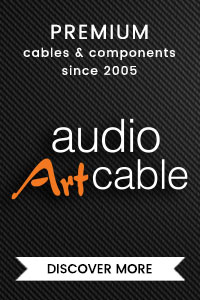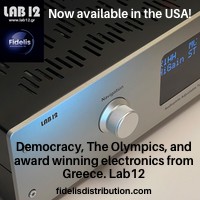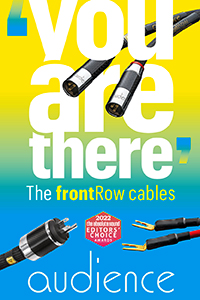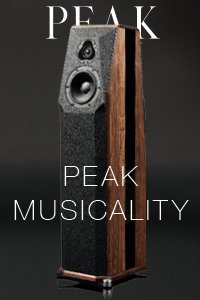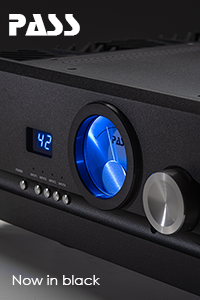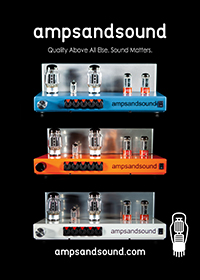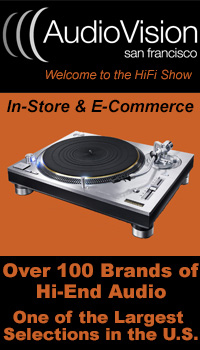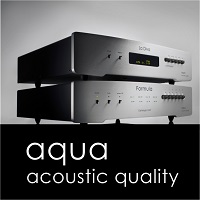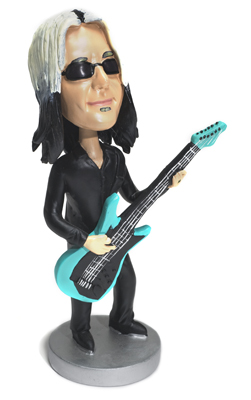 A few years ago, I had a great chat with Todd Rundgren backstage in Seattle, the day before he released the Arena album, which lead to a formal interview a few weeks later. So for all the Todd fans in the crowd, here’s a little bit of history.
A few years ago, I had a great chat with Todd Rundgren backstage in Seattle, the day before he released the Arena album, which lead to a formal interview a few weeks later. So for all the Todd fans in the crowd, here’s a little bit of history.
TA: How are you feeling after kicking the show off in Seattle? It seemed like the audience responded well and everyone I talked to in line before the show had already purchased the new album, which was released yesterday.
TR: It’s been surprisingly well received for an unfamiliar batch of music. The release was originally supposed to be in July, so we expected to be playing for an audience more familiar with the material. I guess the word of mouth has been good, or we never would have made it back to Seattle.
TA: You mentioned the album is a bit of a continuation of what you started with Liars. I guess the Socrates quote about the “unexamined life isn’t worth living” does not apply to Todd Rundgren?
TR: I have selfish reasons for making my records. Sometimes it’s just self-entertainment, but I’m usually trying to externalize my own thoughts. It helps me figure out to what degree I’m bullshitting myself — it can be very revelatory to hear what you think said out loud.
TA: Though Liars and Arena are part of your ongoing self-exploration, they are very different texturally, with Liars being a much more keyboard-oriented record and Arena being a heavy guitar record. What led you down this path?
TR: When the New Cars prematurely ended the first tour because of Elliot (Easton’s) collarbone accident, I was looking at a summer with no gigs. I put together a guitar quartet with Jesse Gress, Tony Levin and Jerry Marotta and toured across Canada for a few weeks. The response was so enthusiastic that I continued the format in the U.S. and Japan. People seemed to like the return to the ‘70s approach, so I knew when I got around to recording that the guitar would be the featured instrument.
TA: As always, you had a great choice of material last night, but where did “Lunatic Fringe” come from? Didn’t think I’d ever see you doing that song, but it was killer…
TR: Sometimes a great song will go unplayed because the original act (in this case, Red Rider) has ceased touring. I like to adopt one or two of these orphans every once in a while, especially if the subject matter fits in with what I’m doing with my own material.
TA: How did you meet Rachel Haden, (daughter of bassist Charlie Haden) and decide on her for the bass slot in the band?
TR: I met Rachel last winter when she was on Kauai visiting her brother-in-law, Jack Black (he was filming Tropic Thunder). I didn’t know she was a bass player at the time, but her name came up when we were looking for a replacement for Kas when he went out with Meat Loaf. Someone suggested we hire a girl for the position and the idea intrigued me. While there were other candidates, I took our prior connection as a sign and asked her to do the gig.
TA: Are you doing everything on Arena: playing, singing, mixing, etc., or are some of the guys from the current band playing on it? I could swear I hear some Kasim backing vocals!
TR: Once again, it’s all me. Living in Kauai, it’s hard to just call a session and have people hop over. If I had been on the mainland, I likely would have incorporated other players.
TA: You’ve been doing the solo thing on and off for a long time. Is it easier or more difficult to work alone? How hard is it for you to say, “That’s it, I’m done” when you know you can always do one more track? Are you the consummate perfectionist or a pretty task- oriented guy?
TR: It always depends on what I’m going for. Often, spontaneity is not the principal goal; recording can be an exercise in precision since the result can be so carefully examined. For a record like Nearly Human, spontaneity was the principal goal. Arena, not so much.
TA:How has your style of working changed since Something/Anything? Do you still write, compose and play in the same way or has your thought process changed dramatically over the years?
TR: I was a more conventional songwriter in the Something/Anything days, probably because most of my writing was done outside the studio. The more I had continual access to the studio and the more flexible the tools became, the more composition became a part of the recording process. Now it’s hard to distinguish between recording and composition.
TA: Digital tools have changed the audio and visual world and you’ve been an early adopter of both. Has the digital world helped you maintain your level of innovation and set you free creatively, or do you have more limitations now?
TR: I was never an analog nut, so I’m perfectly used to the digital approach. A greater range of tools in all price ranges has changed the game the most. Arena was done entirely on my laptop, and from a budgetary standpoint is probably the cheapest and easiest record I’ve ever produced.
TR: I hope this isn’t a sore spot, but seeing that you have always been such a technically oriented guy, why don’t you have a major Web presence? Is it just too much to deal with these days?
TR: I don’t, as some people assume, have a slavish fascination with technology. I don’t own a cell phone, and I hate driving. There was a time when the effort and skills needed to build a Web presence were beyond the average person. Now everyone in the world is contributing to the noise. The digital soapbox is sometimes occupied by some truly nasty personalities, which has made me something of a digital hermit.
TA: Speaking of creativity, how much has the move to Hawaii changed your life? It seems that instead of slowing down, you’ve done just the opposite. What’s the next big idea on the horizon?
TR: My location doesn’t seem to have a major effect on my creative juices. It’s still the same culture that gives me most of my ideas. The isolation does make it a bit more difficult to collaborate, but I travel enough to make up for that.
TA: What are you doing to take such good care of your voice? While some guys your age (and younger for that matter) are really struggling to belt it out, you’re singing better and stronger than ever.
TR: In some ways, I’m not taking care of it. It’s just a set of muscles, and like body building, you sometimes have to abuse them to make them stronger. The tour in Japan last spring was pretty abusive, with ten shows over six nights. As long as I don’t try to fix my voice artificially, by using drugs to get through a show, a little rest is usually all I need.
TA:Do you still stay in touch with Willie Wilcox and Roger Powell? Is there any chance of one last round of Utopia shows with the original lineup?
TR: That is the 64 million dollar question. Every couple years we discuss the possibility, and something usually happens to end that discussion. For my foreseeable future I’m playing with the Arena lineup.
TA: Have you been producing anyone lately, or is that period of your life over? You did a lot of great records over the years.
TR: We still have discussions with potential production partners. Scheduling is always a problem, especially with my current touring itinerary. There are some possibilities after this year.
TA: Though you are known best for being up front and center with a guitar, what’s your favorite instrument to play after all these years? Is there anything you hate to play?
TR: I’ve learned not to play the piano live any more. I’ve never been able to develop that Billy Joel/Elton John comfort level. I put too much focus on the singing and any instrument I’m playing is going to suffer. With only six strings, the guitar has fewer mistakes available to make.
TA: Is there anyone that you are listening to these days that you really enjoy?
TR: I’m just trying to get some listening time in, period.



